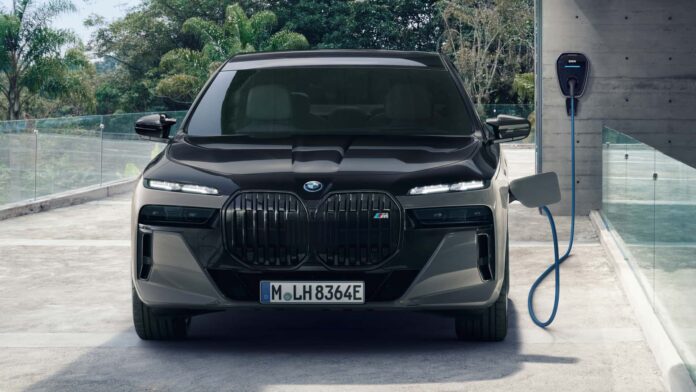The historic importance of diesel engines in Europe cannot be overstated. At their peak in the 2010s, diesels accounted for more than 50 percent of new car sales. Of course, that was right before the Volkswagen Group’s messy scandal, which, in hindsight, likely marked the beginning of the end. Sales never recovered, and it’s been downhill ever since. In 2017, gasoline cars outsold diesels for the first time since 2009, according to data published by the European Automobile Manufacturers’ Association.
Fast-forward to 2021, when self-charging hybrids outsold diesels in Europe for the first time. A year later, purely electric cars were in higher demand than diesel-powered vehicles, marking the first time on the continent. In 2025, the diesel engine’s downfall continues as it gets kicked off the podium, slipping to fourth place.
Plug-in hybrids hold a 9.4-percent market share throughout the first ten months of the year. Through October, diesels accounted for only 8 percent of total new-car sales across the 27 EU countries, plus Iceland, Liechtenstein, Norway, Switzerland (EFTA), and the UK.
As you can imagine, the switch in positions between diesels and plug-in hybrids didn’t happen overnight. By the end of Q2 2025, PHEVs were already ahead of diesels in terms of popularity among new car buyers. The gap will likely continue to widen in the last two months of the year, and it’s hard to imagine diesels ever reclaiming a podium spot.
Photo by: BMW
How did this happen? Several factors have contributed to the diesel engine’s spectacular drop. Stringent emissions regulations have pushed automakers toward hybrids, plug-in hybrids, and EVs. That shift has come at the expense of diesels, which are now largely absent from the small-car segment. The days when you could buy a Volkswagen Polo or Renault Clio with an oil-burner are long gone.
Adding another nail to the diesel engine’s coffin are sizeable incentives for electrified vehicles, encouraging buyers to switch to hybrids and pure EVs. Greener cars also typically benefit from lower taxes, yet another reason the once-dominant diesel is fading.
It’s also worth noting that gasoline engines continue to improve in efficiency, further closing the gap with diesels. Naturally, VW’s emissions-cheating devices only accelerated the decline. On top of that, the EU’s ongoing effort to cut fleet emissions, culminating in the 2035 ban on new ICE cars, has further dented diesel sales.

166
Source: Renault
Meanwhile, hybrids now make up more than a third of new car registrations in the EU+EFTA+UK region in the first ten months of the year. With a 34.7-percent market share, hybrids are comfortably ahead of gas cars (26.9 percent) and EVs (18.3 percent).
Looking ahead, the rise of electric cars will likely continue, fueled by an influx of affordable Chinese imports and new offerings from legacy automakers. Renault just introduced a charismatic Twingo, and VW will roll out an ID. Polo next year before launching an entry-level model in 2027.
